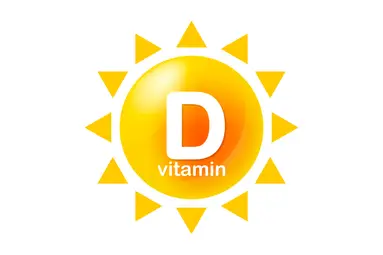10 Sources Of Vitamin D For Vegetarians

10 Sources Of Vitamin D For Vegetarians
Posted on 5th May, 2023
Vitamin D is a crucial nutrient for maintaining healthy bones, teeth, and immune function. It's commonly known as the "sunshine vitamin" because our bodies can produce it when our skin is exposed to sunlight. However, for vegetarians who avoid animal products, it can be challenging to get enough vitamin D from their diet alone. Here are 10 sources of vitamin D for vegetarians:
Mushrooms
Some mushrooms, such as shiitake and portobello, can provide a good amount of vitamin D when exposed to UV light. Just 100 grams of mushrooms can provide around 100% of the recommended daily intake of vitamin D.
Fortified plant-based milk
Many plant-based milks, such as soy, almond, and oat milk, are fortified with vitamin D. Check the label to ensure that the milk you choose has been fortified with vitamin D.
Fortified cereals
Some cereals, especially those made for children, are fortified with vitamin D. Again, check the label to ensure that the cereal you choose has been fortified with vitamin D.
Fortified tofu
Some brands of tofu are fortified with vitamin D, so check the label to see if it's included.
Fortified orange juice
Like plant-based milks and cereals, some brands of orange juice are fortified with vitamin D.
Egg yolks
While vegans avoid eggs, vegetarians can still consume them. The yolk is the part of the egg that contains vitamin D, so be sure to include it in your diet.
Cheese
Some types of cheese, such as Swiss and cheddar, contain small amounts of vitamin D. However, cheese should be consumed in moderation due to its high saturated fat content.
Soy products
Some soy products, such as soy milk and tofu, are fortified with vitamin D.
Seaweed
Some types of seaweed, such as laver and hijiki, contain vitamin D.
Supplements
If you're having trouble getting enough vitamin D from your diet alone, you may want to consider taking a vitamin D supplement. Be sure to speak with your doctor before starting any new supplement regimen.
Benefits
Vitamin D has several important health benefits, including:
- Strong bones: Vitamin D plays a crucial role in bone health by helping the body absorb calcium, which is essential for building and maintaining strong bones.
- Reduced risk of osteoporosis: Osteoporosis is a condition characterized by weakened bones, and vitamin D can help reduce the risk of developing it.
- Improved immune function: Vitamin D plays a vital role in regulating the immune system, and studies have shown that it may help reduce the risk of certain infections and autoimmune diseases.
- Reduced risk of certain cancers: Some studies have suggested that vitamin D may help reduce the risk of certain cancers, including breast, colon, and prostate cancer.
- Improved mood: Vitamin D has been linked to improved mood and a reduced risk of depression.
- Improved cognitive function: Some studies have suggested that vitamin D may help improve cognitive function and reduce the risk of cognitive decline.
- Reduced risk of heart disease: Some studies have suggested that vitamin D may help reduce the risk of heart disease by reducing inflammation and improving blood vessel function.
Overall, vitamin D is an essential nutrient for maintaining good health, and getting enough of it may help reduce the risk of several chronic diseases.
Dosage
The recommended daily intake of vitamin D varies depending on age, sex, and other factors. The following are the recommended daily intakes of vitamin D according to the US National Institutes of Health (NIH):
- Infants 0-12 months: 400-1,000 IU (international units) per day
- Children 1-18 years: 600-1,000 IU per day
- Adults 19-70 years: 600-800 IU per day
- Adults over 70 years: 800-1,000 IU per day
However, some health experts believe that these recommended daily intakes may be too low and recommend higher doses, especially for individuals who are deficient in vitamin D or have conditions that affect vitamin D absorption. It's best to speak with your doctor or a registered dietitian to determine the appropriate dose of vitamin D for your individual needs.
Warnings and Side effects
While vitamin D is generally safe when consumed within the recommended daily intakes, it's important to be aware of potential side effects and interactions with medications. Here are some warnings and potential side effects of vitamin D:
- Too much vitamin D: Consuming too much vitamin D can cause toxic levels in the body, which can lead to symptoms such as nausea, vomiting, constipation, weakness, and confusion.
- Interactions with medications: Vitamin D can interact with certain medications, including corticosteroids, weight loss drugs, and certain seizure medications. It's important to speak with your doctor before taking vitamin D supplements if you're taking any medications.
- Kidney disease: Individuals with kidney disease may be at increased risk of vitamin D toxicity because their kidneys cannot effectively filter it from the body.
- Allergic reactions: Some individuals may be allergic to vitamin D supplements or fortified foods.
- Sun exposure: While sunlight is a natural source of vitamin D, excessive sun exposure can increase the risk of skin cancer. It's important to protect your skin from the sun with sunscreen, clothing, and shade.
- Pregnancy and breastfeeding: Pregnant and breastfeeding women may require higher amounts of vitamin D, but it's important to speak with a healthcare provider to determine the appropriate dose.
- Medical conditions: Individuals with certain medical conditions, such as hyperparathyroidism, sarcoidosis, and lymphoma, may be at increased risk of vitamin D toxicity.
Conclusion
In conclusion, vitamin D is an essential nutrient for maintaining good health. It plays a vital role in bone health, immune function, and cognitive function, and may also help reduce the risk of several chronic diseases. While vitamin D can be obtained through sun exposure and certain foods, some individuals may require supplements to meet their daily needs. However, it's important to be aware of potential side effects and interactions with medications, and to speak with a healthcare provider before starting any supplement regimen. By incorporating vitamin D-rich foods into your diet, getting enough sun exposure, and speaking with your doctor, you can ensure that you're meeting your daily vitamin D needs and maintaining good health.

Health articles from our experts
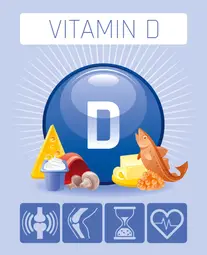
Signs & Symptoms Of Vitamin D Deficiency In India
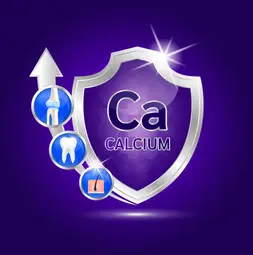
Signs & Symptoms Of Calcium Deficiency

10 Sources Of Vitamin D For Vegetarians

Top 10 Benefits of Ashwagandha Leaves
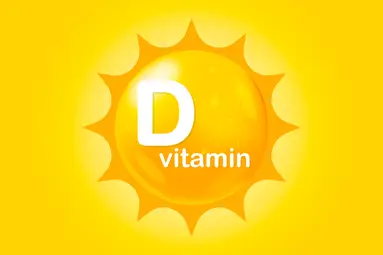
Top 5 Vitamin D Fruits and Vegetables You Should Know
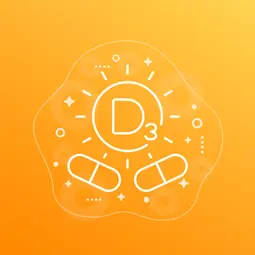
Neurological symptoms of Vitamin D deficiency

10 Fruits rich in Vitamin K

Benefits of Ashwagandha for Men
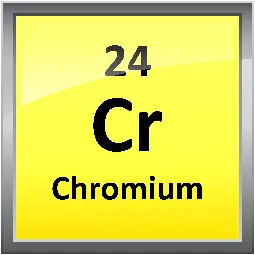
Signs and Symptoms of a Chromium deficiency
